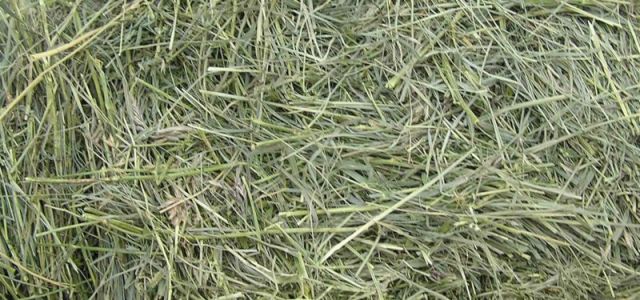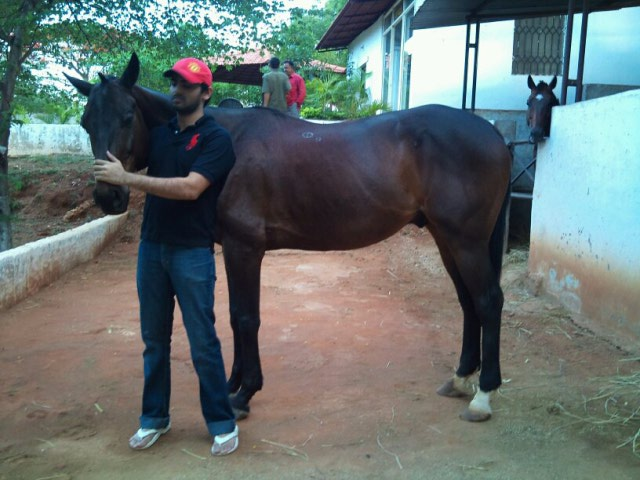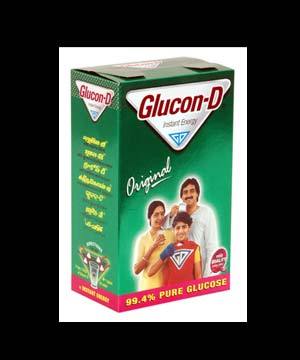QuestionQUESTION: Hi Corlena,
I have a 17 yr old AQHA gelding who has had respiratory allergies that seem specific to the months of June and July, also heavey to dust and molds. He has also struggled with laminitis (very mild- no rotation, just thin sole, soft hoof horn, elevated DP, sensitivity on hard surfaces) in spite a low-starch diet and dry-lotting. He has had reactions to vaccines in the past. The last was in 2009 and that triggered a more serious laminitis episode within a few hours of the vaccination- even with a pre-emptive antihistamine dose. The GameReady saved his hooves from severe damage on that one, but it still took several months to recover from (with shoes and equipak-CS).
I have noticed a pattern in the laminitis- symptoms start gradually (with the exception of the vaccination incident), shortly after he starts having respiratory problems. His hooves improve when the respiratory symptoms go away. Every summer for the last few years, this starts happening in June, peaks in July, and clears up in August. He has been barefoot for the last three years and is capable of having a good sole and being sound on all surfaces and riding... until this combination of allergies and laminitis is triggered. The soles thin and flatten right out within a couple weeks after he starts having tight airways.
Antihistimines (both oral and injectable) barely do anything worth noting; Ventipulmin helps his breathing when he's having a lot of trouble. Regular icing of his legs helps the hooves. Grape Seed Extract seemed to make his hooves worse (go figure that one??), breathing stayed the same. Bee Pollen (McIntosh Pro-line) seems to help both problems quite a bit. Omega Alpha "Sinew-X" also seemed to bring hoof improvements when he was on it.
He is about 1160 lbs. His pasture ornament diet currently: Mixed grass hay, some 1st cut, some 2nd cut, he eats about 9-10 kg per day, split in 3 feedings. 0.7 kg of Purina Integri-T and 0.35 Kg of Equilizer, plus Bee Pollen, split in 2 feedings per day. He always has good weight and muscle tone but can get on the hefty side pretty easily when he's not working, which doesn't help hooves or lungs.
Any ideas how the breathing problems could coincide with the laminitis? Could it be the histamine response from the other allergies? What else can I do to try to minimize or prevent the symptoms of both problems?
Thanks very much again!
ANSWER: Hi Sarah,
Thanks for your question...it certainly is a challenging one!
It will be very difficult to answer this question without some speculation. You certainly have done your homework and sound a lot like someone I know :) The exact trigger for laminitis has yet to be uncovered...and I have my own theory, that is most likely to be the basis of my upcoming dissertation. But I hate to go into it for a few reasons; I would like to wait until the work is complete, and I may not be right so I would hate to give out unfounded advice.
There is a generally accepted theory that blood histamine can aggravate a case of laminitis, which is why many veterinarians will look for signs of laminitis in horses experiencing severe allergic reactions. I believe this is a real and strong concern, and would even personally go as far as to administer an anti-histamine, to a horse for which I had laminitis concerns (but again this is a personal theory and not a generally accepted practice). So for me, there is no surprise to find a correlation between breathing problems, other allergic reactions and laminitic activity...through their seemingly simultaneous response to the histamine. The treatment for this would be anti-histamine...which clearly you tried on many levels, but apparently without consistent success.
I guess the real question is why doesn't anti-histamine work as it should to control histamine levels in your horse. Darn good question! A few possibilities: histamine is being produced at a level or rate that exceeds the effectiveness of the anti-histamine being administered; it may have to do with the histamine receptors at both locations, because not all histamine receptors are created equal; or maybe (and this is truly theory yet to be researched) there are slightly different forms of histamine more reactive to some receptors and more resistant to anti-histamine???
I'm certain you have consulted your veterinarian on this matter as it would be where you would have gotten the ventipulmin from, and you may want to exhaust all of their recommendations for anti-histamines. From a feed standpoint, you have also tried the traditional feed-through anti-histamines and clearly have not yet found one that works as consistently as it should. I have one non-traditional recommendation for you, and the reason for trying it would be quite lengthy and complicated, but you might find it very much worth trying. I would suggest that you try 'Lifeforce Formula' from Alltech which you can order directly from them. If you find that it provides some relief I would then suggest that you add Yucca to your horse's feed for 3-4 weeks, and the best horse source for this is 'Basic Equine Nutrition' out of British Columbia.
I know this sounds like a lot of 'ifs' and 'shoulds' but the truth is that laminitis has yet to be cured...because it is not yet entirely understood. But I believe, from experience, that this course of action will give your horse some relief.
Thanks, Corlena
---------- FOLLOW-UP ----------
QUESTION: Thanks for the ideas! "Ifs and shoulds" have often worked well for solving "mysteries", so I'm all ears. And yes, I learned from the best. ;) ;)
While we're on the subject of allergies, I also have a 7 yr old AQHA mare who has been increasingly suffering from itchy skin from bug bites, and constantly itches her mane, tail, and belly (in spite of a head-to-toe flysheet with belly guard, flyspray and turnout at night after the mosquitoes have quit).
This problem started as a 5 year old and has definitely gotten worse in 2009-2010. She's on basically the same diet (adjusted for weight, she's only 15hh and about 975lbs) as the gelding (she's one of those hotheaded starch-sensitive types, but no laminitis problems), been on oral antihistamines, Bee Pollen, etc, and nothing helped her this summer.
As a 5 yr old, she was running barrels/polebending provincially and went to Congress, and though she was on a lowered starch diet with Purina Evolution and beet pulp, she still got pretty stressed when she changed barns for a month before Congress, lost weight and went off her hay whenever she was outdoors (pacing the fenceline... even with company).
After doing a bunch of reading on hindgut acidosis, I'm wondering if her stress triggered that and perhaps it has worsened the skin allergies for the same speculative reason as the gelding might have his problems? Having seen hindgut acidosis happening to another mare, I know it can last and worsen over time unless things are "cooled down" in the hindgut and the balance restored.
I am also ordering KERx Equishure this week, do you think that might be beneficial in combination with Lifeforce for this mare, or both horses? Conveniently, we already have Yucca in the barn, in powdered form and in "B Solution" ("B-L" knockoff that contains Devil's claw, yucca and boswelia).
AnswerHey Sarah,
I really like the Equishure for hindgut acidosis...which in my opinion is the root of all evil in feeding horses. The feeding recommendations on label are for long-term use, but I've used it for emergency purposes with great results. The hindgut buffer will police hindgut acid while the 'Lifeforce' will help re-establish order in bacterial populations...which might be a good idea for both of your horses. I also believe that once the hindgut has been successfully jump-started, the horse does not need to be constantly supplemented with the Equishure and Lifeforce...but time will tell if I'm right.
You know how in human partnerships there is the saying 'Happy wife, Happy Life'? I think we need one like 'Healthy gut, healthy horse' for our horse friends:)
Thanks again,
Corlena

 Senior Winter Care
Question
Doc and I
My horse is 29 and will turn
Senior Winter Care
Question
Doc and I
My horse is 29 and will turn
 grass hay
Questionhello sir, what is grass hay? is it a type of h
grass hay
Questionhello sir, what is grass hay? is it a type of h
 weak horse
Question
weak horse
hello maam? does this horse
weak horse
Question
weak horse
hello maam? does this horse
 adding rehydrating supplement in the water bucket
Question
glucod D
hello maam, here in india, cl
adding rehydrating supplement in the water bucket
Question
glucod D
hello maam, here in india, cl
 horse appearing fat
Question
horse appearing fat
hello maam, is this
horse appearing fat
Question
horse appearing fat
hello maam, is this